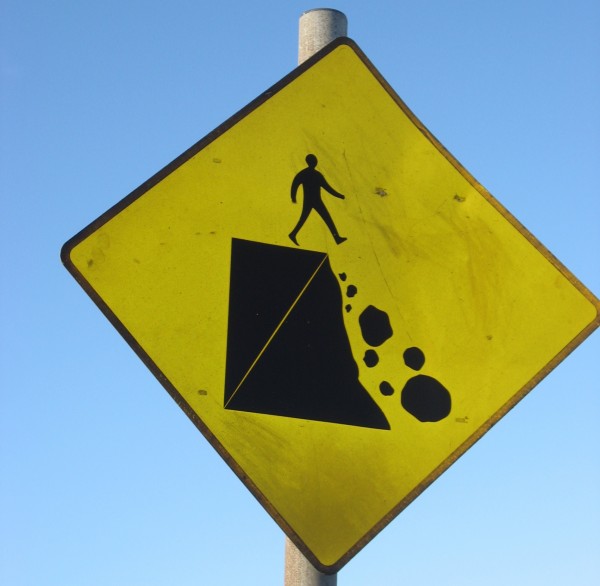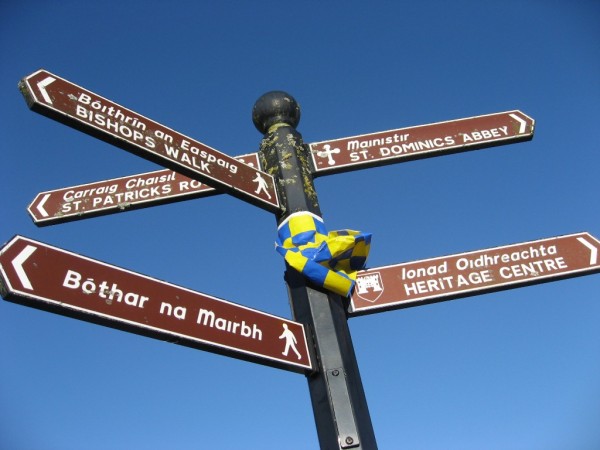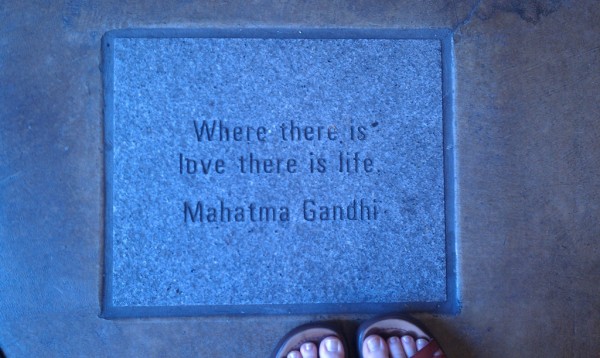How to Make Processing Part of the Re-Entry Process
You’re probably familiar with the terms re-entry and reverse culture shock. While some people sail through re-entry problem-free, most say they feel more lost upon returning home than they ever did abroad.
This actually makes a lot of sense. When we go abroad we’re constantly in the “new.” We’re seeing new things, having new adventures, hearing new languages, trying new food, considering new perspectives.
It’s exhilarating. Euphoric. It’s why we travel!
Back home, we’re no longer in the “new.” Back home, we are the new.
On one hand, we’re happy to be home with family and friends, speaking our native language, eating our favorite foods, and even sleeping in our own bed.
But we also feel like something is a bit off. It’s not necessarily bad, just…off.

I’m convinced that what really gets us in re-entry isn’t reverse culture-shock (I can order my favorite coffee without pantomiming! Do we really need 1,000 types of cereal to choose from?), but rather the on-going, subtler reverse culture-fatigue (Why do I feel out of synch? Do I really want to stay in this career? Why am I so bored?).
After a career break abroad we know we’ve changed. But we often can’t articulate how (much) we’ve changed. Just as the majority of culture is invisible to us, so are the nuanced ways our travels have transformed us.
In my experience, travelers often react to the feelings and questions that surface in re-entry in one of two ways:
1. We hop the next plane abroad without even unpacking our backpack. (I’m bored here! Gotta get back in the new!)
2. As we settle into our pre-travel lives our adventures become compartmentalized. (I had an amazing experience abroad…but (*sigh*) what does that have to do with my life now that I’m back home?)
Whether you choose to go abroad again or stay put isn’t the issue. My reaction to re-entry was to immediately plan my next trip abroad. My husband? He dove into finding a new job in his field.
Even though we had different reactions to re-entry, we discovered that we held the same concern. Traveling made us feel alive, adventurous, and empowered. We discovered new aspects of ourselves that we really liked. But we both felt like we had to choose between being the person we’d become while abroad or go back to being the person we were before we left. And we didn’t want to choose.

What I’ve learned in the course of several re-entry experiences is how important it is to take time to process the emotions, questions, and concerns that come up after a career break abroad. Meeting this challenge head-on is one of the best gifts you can give yourself because no matter what you decide to do in the future, you’ll bring your true self.
Even if you go abroad again, the career break that transformed you is over. Any new adventure will bring different challenges, emotions, and transformation. If you don’t make a point to process these experiences, you run the risk of letting fear make the decisions, which prevents you from being fully present in your post-career break life.
After the heightened experience of travel, some people feel they’ll never be completely happy unless they’re on the road. Others wonder how to replicate the thrill of being abroad into their daily lives at home. Travel is often a vehicle through which we develop new interests, talents, and skills. Therefore, one way to integrate the new you into your old life is by asking yourself which aspects of my travels made me feel the most alive, engaged, and empowered?
Was it being physically active every day? Meeting new people? Photography? Blogging? Volunteering? Music? Trying new food? Speaking new languages? Solving travel challenges in creative ways? Participating in an extreme sport? Relaxing?

When you discover what fueled you during your career break, you can more easily integrate that aspect of the new you into your old life. If you go abroad again, you can be more intentional in creating future travel experiences.
Re-entry isn’t an event that happens on one specific day. It’s an on-going part of the travel journey. To be honest, you may never feel perfectly satisfied “at home” again. On the flip-side, you more than likely now feel fairly “at home” anywhere in the world.
Which aspects of your career break abroad made you feel the most alive, engaged, and empowered?
Cate Brubaker helps all kinds of travelers navigate intercultural, personal, and re-entry experiences in her work with TrekDek, SmallPlanetStudio.com, and the University of North Carolina-Chapel Hill. Cate is currently planning her next career break.






